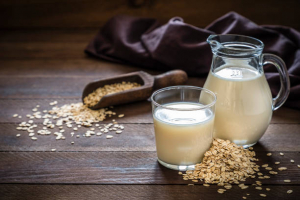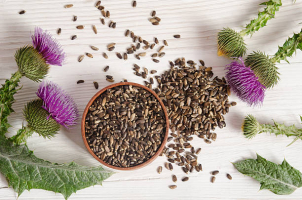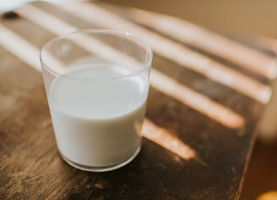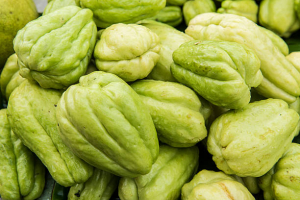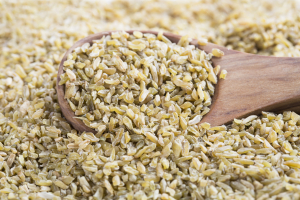Top 7 Health Benefits of Goat Milk Soap
Knowing which soap is best for your skin might be challenging with so many alternatives available. Additionally, a lot of commercially produced soaps aren't ... read more...soap. Only a small percentage of soaps on the market are soaps, whereas the bulk of cleansers is synthetic detergent solutions, according to the Food and Drug Administration (FDA). Goat milk soap has seen a huge growth in popularity due to its calming qualities and simple ingredient list due to the rising desire for natural soaps. Here are the health benefits of goat milk soap that you may not know.
-
Does it actually exist? Yes, of course; for this reason, many specialists and those who value their health strongly suggest using this excellent soap. However, if you want to safeguard your beautiful skin and yourself from unintended chemical harm caused by the everyday use of these types of conventional soaps. Additionally, if you're seeking a herbal substitute for yourself, "Goat Milk Soap" need to be at the top of your list of must-try homemade herbal treatments right now.
Basically, it is devoid of all artificial fragrances and colors, as well as cancer-causing substances, alcohols, and petroleum-based compounds. Even though it can take some time for you to get the desired results, switching from your current fashionable branded soap to this homemade goat milk soap will undoubtedly leave a noticeable change in your skin and general appearance.
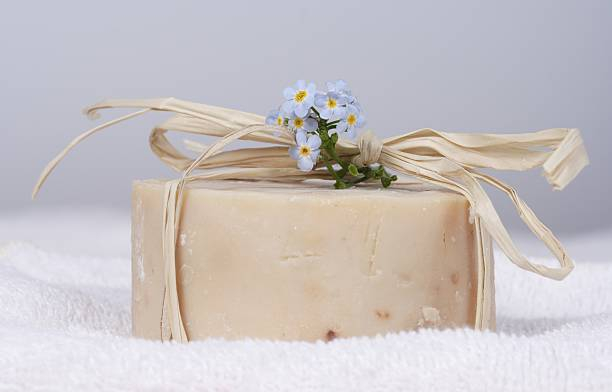
Natural alternative from your present soap 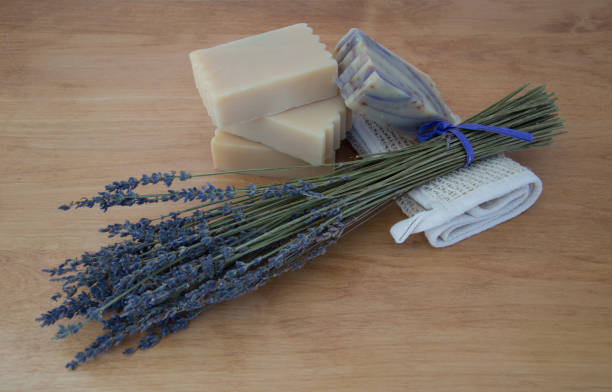
Natural alternative from your present soap -
If you are unaware, goat milk is far healthier than cow's milk. And contains all of the nutritional qualities that are necessary for your health and skin. As a result, goat milk was favored above cow milk by the ancient Greeks as a beverage and for other purposes.
Protein, calcium, Vitamins A, D, C, B-6, 1, 2, 3, 12, potassium, magnesium, folate, Vitamin E, Vitamin K, Betaine, Selenium, zinc, and significant amounts of Omega-3 and Omega-6 fatty acids are just a few of the essential nutrients contained in goat milk. The likelihood that anything may cause an allergic response on your skin decreases with the number of substances. Other than goat milk, there are very few other components in goat milk soap.
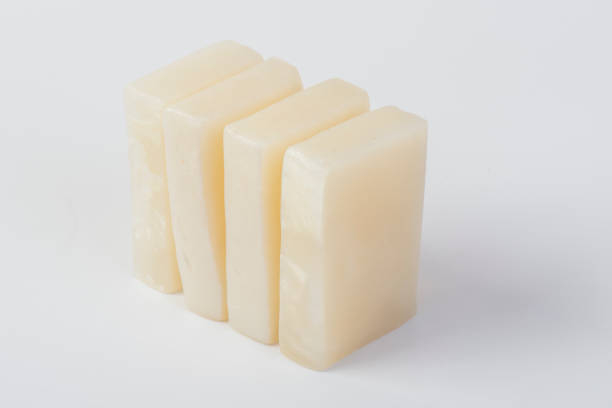
Contain a lot of vital nutrients and less allergenic 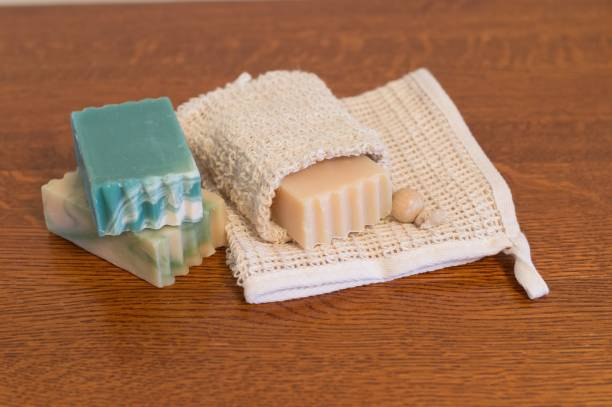
Contain a lot of vital nutrients and less allergenic -
Fatty acids and cholesterol, which make up a sizable percentage of the skin membrane, are abundant in goat milk. Dryness and irritation can result from your skin lacking certain nutrients. In addition, vitamin A, a fat-soluble vitamin with anti-aging characteristics, is a rich source of nutrition in milk. And last, selenium, a mineral that has been demonstrated to maintain a healthy skin membrane, is an excellent source of it. Even psoriasis symptoms like dry skin could be helped by it. However, the amount of milk added during manufacture determines a substantial portion of the nutrients in goat milk soap, and this information is often confidential. Due to a dearth of study, it is also challenging to determine how helpful certain nutrients are.
The majority of commercially produced soaps include harsh surfactants that can deplete your skin of its natural oils and moisture, leaving it tight and dry. It's recommended to utilize products that don't eliminate the natural lipids in the skin barrier if you want to keep your skin's natural moisture level up. High-fat content in goat milk soap, especially caprylic acid, enables gentle filth and debris removal without destroying the skin's natural fatty acids.
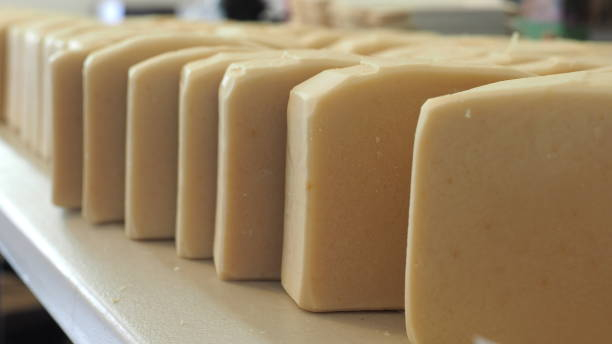
Gentle cleanser 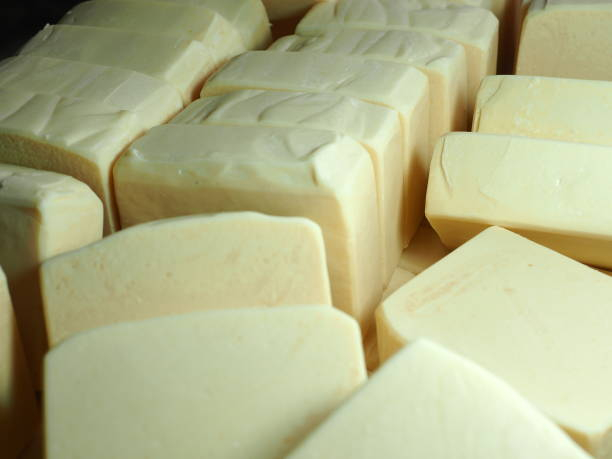
Gentle cleanser -
Low water levels in the skin are the root cause of dry skin, sometimes referred to as xerosis. Normal moisture loss is slowed down by your skin's lipid barrier. Low lipid levels can therefore result in excessive moisture loss, and dry, itchy, and tight skin. Lower amounts of lipids, such as cholesterol, ceramides, and fatty acids, are frequently seen in the skin of people who suffer from certain dry skin disorders, such as psoriasis and eczema.
The lipid barrier has to be repaired and moisturized in order to treat dry skin. The high cholesterol and fatty acid content of goat milk soap may restore lost fats while supplying moisture for improved water retention. Furthermore, using strong soaps can deplete the skin of its natural moisture, aggravating dry skin. The skin's hydration can be supported and replenished by using a mild, fatty soap like goat milk soap.
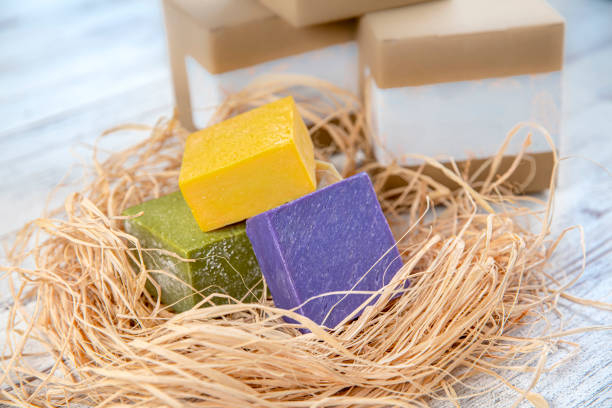
May improve dry skin 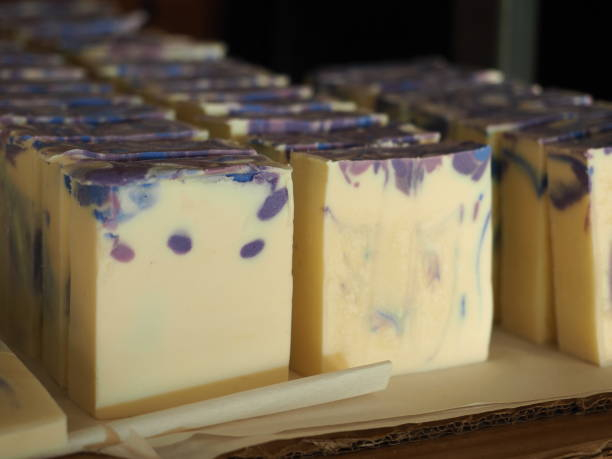
May improve dry skin -
Compounds in goat milk soap have the potential to exfoliate your skin. Due to their innate capacity to exfoliate, alpha-hydroxy acids (AHAs) are used to treat a number of skin problems, including scars, age spots, and hyperpigmentation. Goat milk soap contains lactic acid, a naturally occurring AHA that has been demonstrated to gently exfoliate the top layer of dead skin cells and promote a more youthful appearance.
Lactic acid is also one of the mildest AHAs, making it a good choice for people with sensitive skin. It is yet unclear how much AHAs are present in goat milk soap, making it impossible to determine how well it exfoliates the skin.
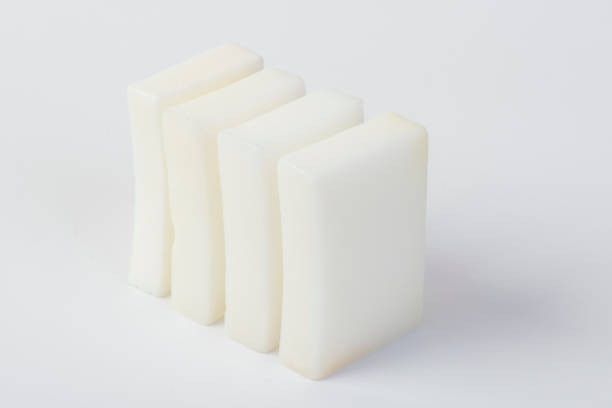
Natural exfoliant 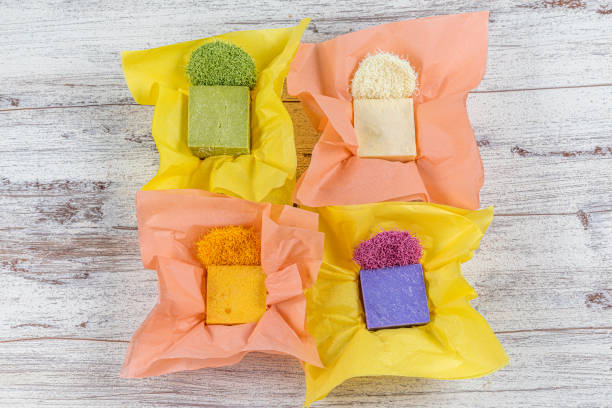
Natural exfoliant -
A healthy skin microbiome, or the population of beneficial microorganisms on your skin's surface, may be supported with goat milk soap. It doesn't remove your skin from its natural lipids or beneficial bacteria because of its delicate dirt-removing abilities. By keeping your skin's microbiome healthy, you can strengthen its defenses against infections and maybe avoid developing conditions like acne and eczema.
Additionally, probiotics like Lactobacillus, which creates lactic acid, are present in goat milk. It has been demonstrated that it reduces inflammation throughout the body, including the skin. Studies are required because there isn't any information on goat milk soap and the skin microbiota. However, using this soap will probably be preferable to using soap that is manufactured with harsh surfactants that remove the skin's natural barrier.
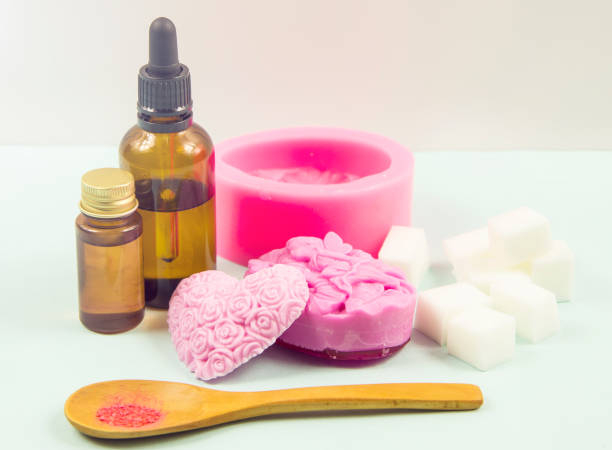
Supports a healthy skin microbiome 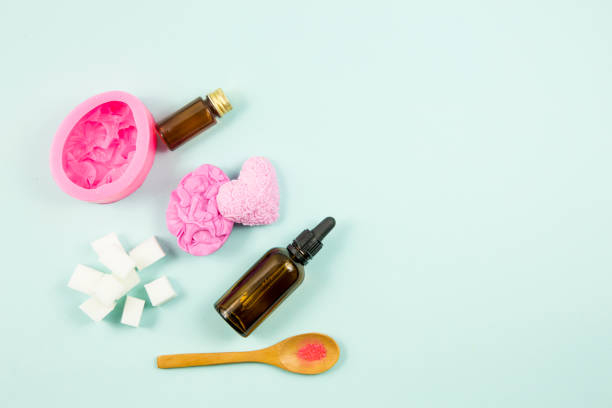
Supports a healthy skin microbiome -
Goat milk soap's lactic acid component may help manage or prevent acne. By keeping pores free of debris, oil, and extra sebum, lactic acid, a natural exfoliator, helps prevent acne by gently removing dead skin cells.
Goat milk soap is also mild and could aid in preserving the hydration of the skin. This contrasts with many face cleansers that contain abrasive components that can dry out the skin and increase oil production while also increasing the risk of blocked pores. Treatment for acne differs from person to person, despite being hopeful. Therefore, to be sure you're using the optimal product for your skin, speak with a dermatologist or other qualified healthcare provider.
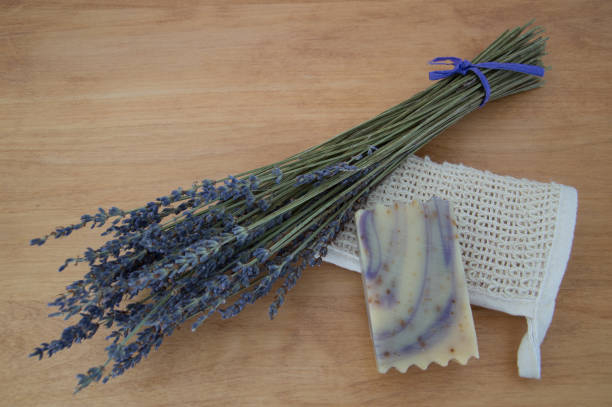
May prevent acne 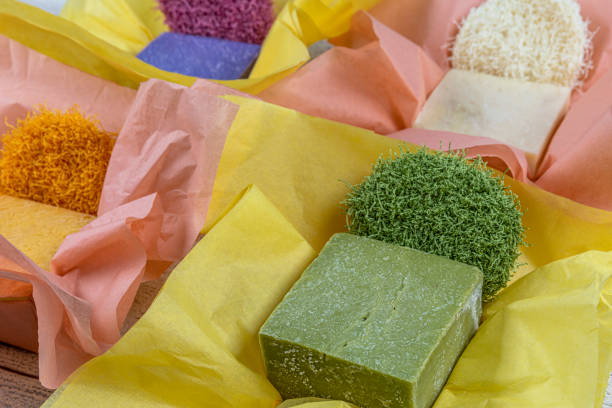
May prevent acne









